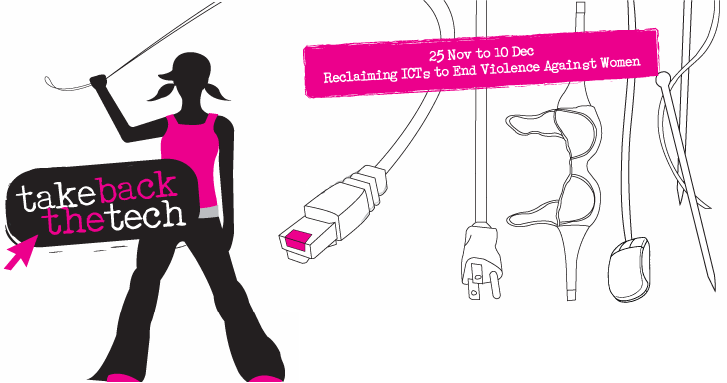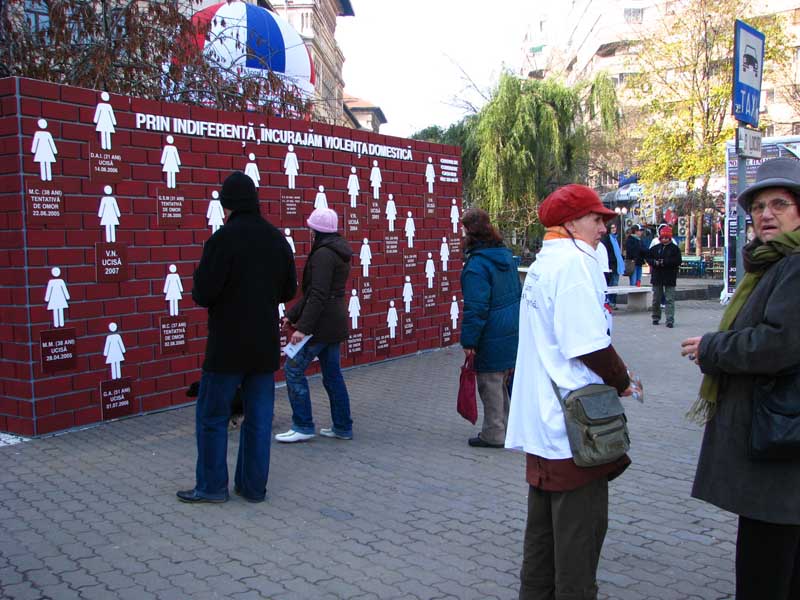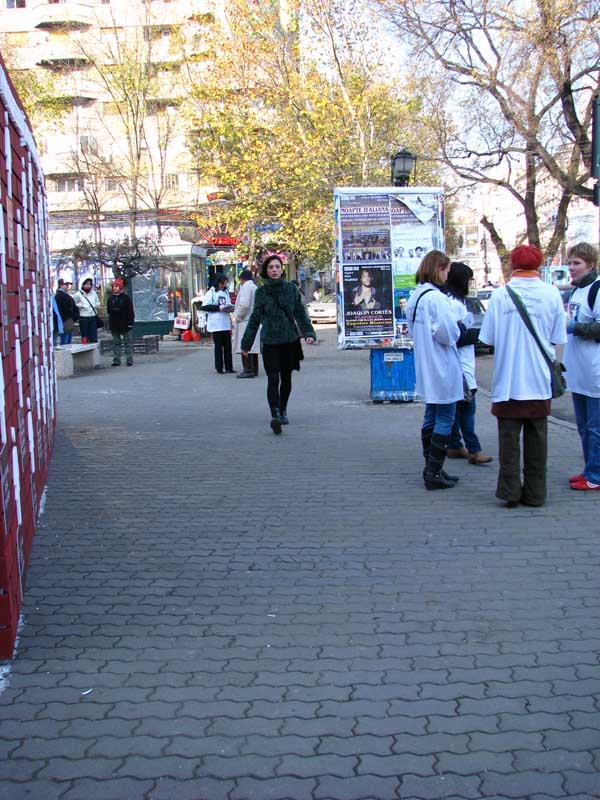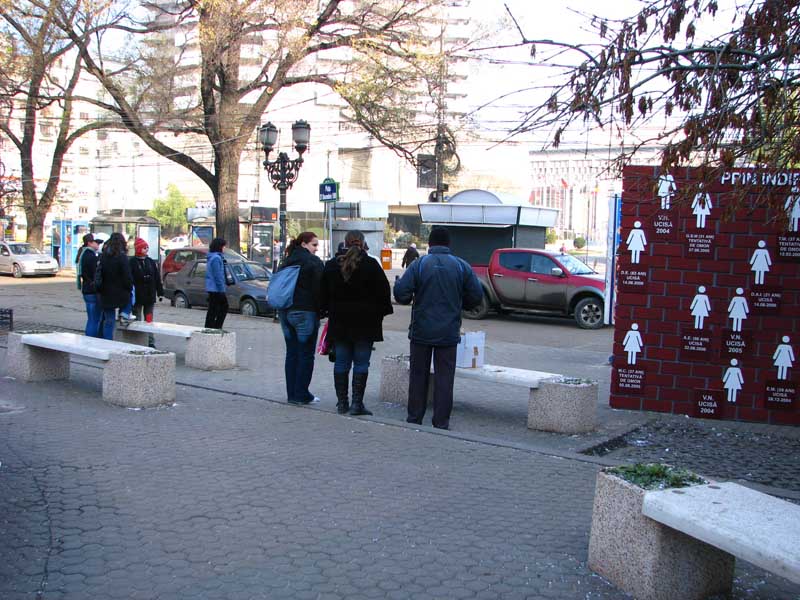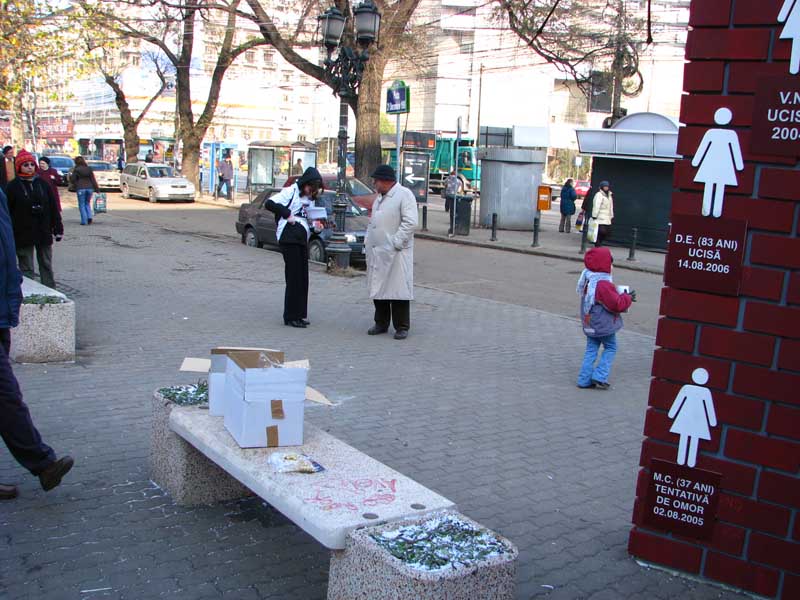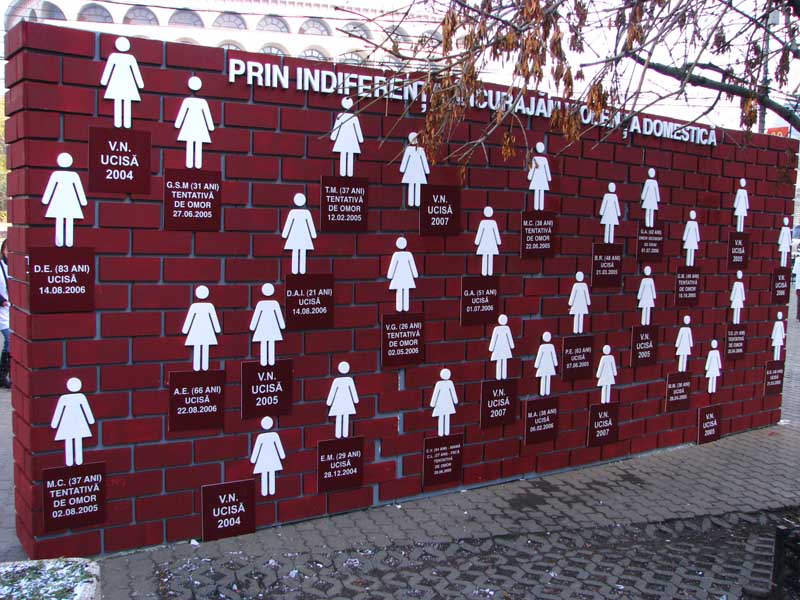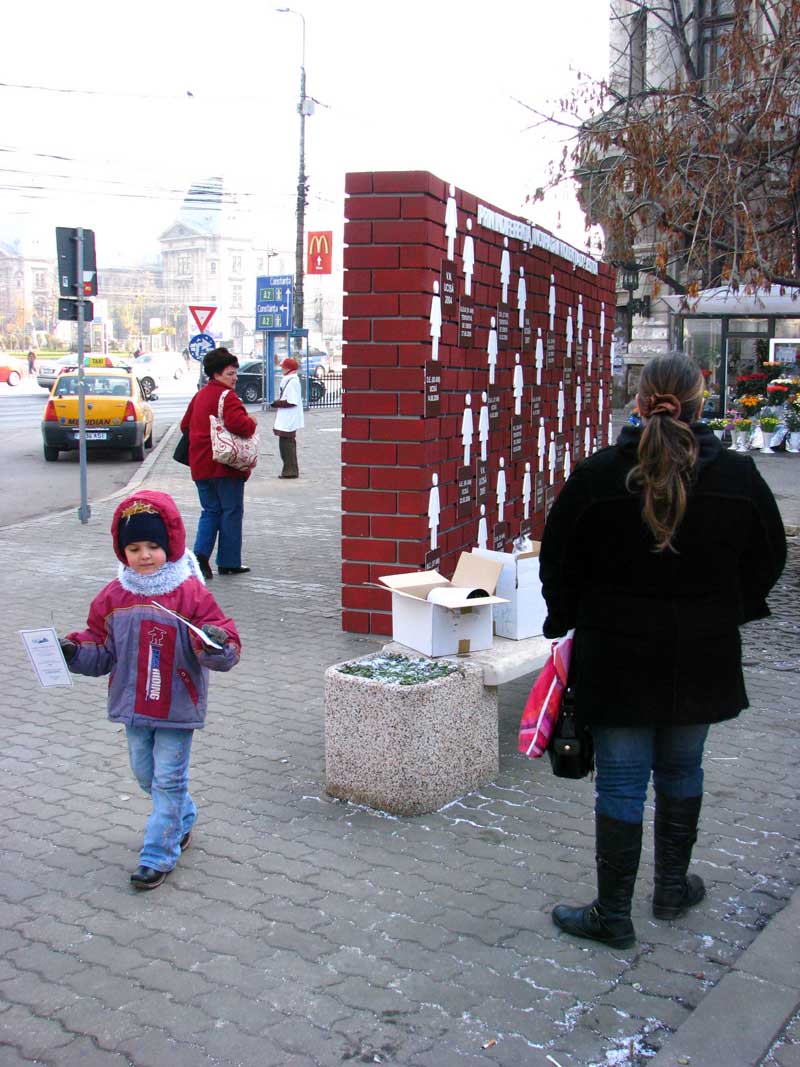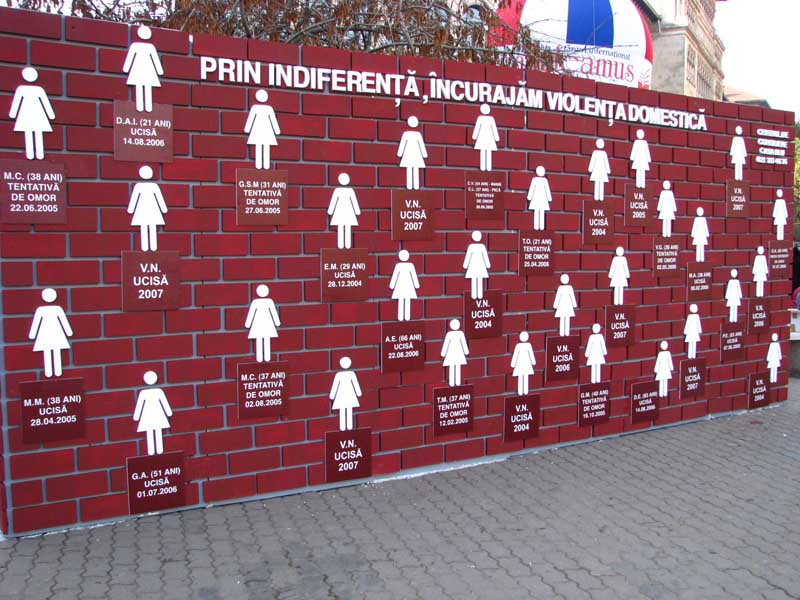–>YOUR GREENHAM
“…In December it will be 25 years since the 30,000 joined hands around the perimeter fence of a US army base in Newbury in Berkshire in protest at the proposed siting of cruise missiles there. In the years that followed, a permanent protest was established with groups of women camping outside the base. To make their point they repeatedly blocked the gates, penetrated the base, successfully organised mass demonstrations and generally poured joyful scorn on the authorities’ inability to keep them out or shut them up…” (“All our roads led there”, about the documentary)
more @ the f-word:
In 1981 a small group of women and children marched from Cardiff to Greenham Common to protest against the siting of cruise missiles at the U.S military base in Newbury, Berkshire. They were called “Women For Life on Earth” and they triggered the birth of a new non-violent direct action movement and the biggest women-only peace protest the world has ever seen.
Upon arrival at the base some women, in Suffragette style, chained themselves to the main gate. Legend has it that the base commander came out to greet the women and with a sneer informed them that as far as he was concerned, they could stay there as long as they liked. So stay they did, in their thousands, for approximately the next 12 years, long enough to see the last U.S soldier leave by the gates they had built.
In December 1982 30,000 women joined hands around the nine and a half mile perimeter fence at the base and followed this up the year after with an even bigger “Embrace The Base” protest. Women took direct action against the military machine that they saw as a direct threat to themselves and to the poorest women and children of the world. While the military boy’s games went on behind the razer wire, and trillions were being spent on weapons of mass destruction, women protested that so many die without clean water or food or medicine, that hospitals and schools were underfunded, that women’s refuges had to run on charity and mourned the many killed in war. It was clear to this re-emerging new Women’s Peace Movement that peace was a feminist issue, and while men were making decisions at that base every day that affected the lives of women and children around the world, women decided to take some power back, and were making their own decisions and taking their own actions, to stop the warmongers in their tracks.
Greenham Common has now been restored as a common. The local council is taking down the fence and reintroducing native trees, protecting and encouraging wildlife. The silos still stand, as an indication of what used to go on there, the huge bomb proof bunkers for soldiers on 24hr watch, practicing the launch of their nuclear weapons. Now nettles and birch trees are cracking the concrete and forcing their way up through the runway. As the common is reclaimed at last, new protests have been growing for many years at other military bases around Britain.
Greenham touched so many women, not just those who went there, but so many around the world who heard about it on the news, read about it in papers and magazines. Women from Greenham carried that spirit with them, to their local towns and cities, to their local bases. Some of those women turned their attention to Menwith Hill, the largest American military spy base in the world, in the middle of the North Yorkshire dales, seven miles from Harrogate. A permanent women’s peace camp was established there in 1993, and remained there, through various evictions, for the next five years.
and from protester rebecca johnson in a 1987 letter-to-the-editor:
I lived at Greenham for five years, from August 1982. When I first arrived there was only one gate, the Main Gate, with about 15 women living in the shadow of imminent eviction. Sure enough, the caravans were taken away, boulders were dumped near the entrance to restrict access, and it rained for 40 days.
Yet that small band of muddy women managed to organise one of the largest women’s demonstrations this century. Embrace The Base/Close The Base took place on a December weekend in 1982 with 35,000 women encircling the Greenham airfield.
In the five years since then, thousands of women have taken non-violent direct action – trespassing, blockading, painting, and cutting the perimeter fence. They have clogged the courts and prisons. There has been a High Court injunction and daily evictions. It has been an extraordinary saga. By 1983, eight camps had been established around the base (and one inside), and even today there are four surviving camps.
When I first went to Greenham, it was the ‘first use’ war-fighting strategy for the cruise missiles that had shocked me into action. But the women at the camp also raised challenges and discussisons on the many other faces of violence.
From the experience of Greenham, women’s networks arose to campaign against the military exploitation and destruction of the Pacific islands, and against the obscene waste of the food ‘mountains’ Greenham women painted porn shops and the offices of Barclays Bank and Shell, to draw attention to commercial collaboration in the violence of rape and apartheid.
Women from Greenham went out to Zimbabwe and Nicaragua, to the US and the Soviet Union, and linked up with other women struggling for peace and justice around the world and challenging militarism and violence wherever it manifests itself. Greenham women have been part of peace camps in Ireland and took part in Mines Not Missiles marches during the 1984 strike against pit closures.
We tried to establish ways of working that were feminist and non-hierarchical, non-violent, anti-racist and community-oriented. We sought to involve women who could not necessarily live fulltime at the camp, but whose experiece and participation was necessary and valuable to the struggle…

